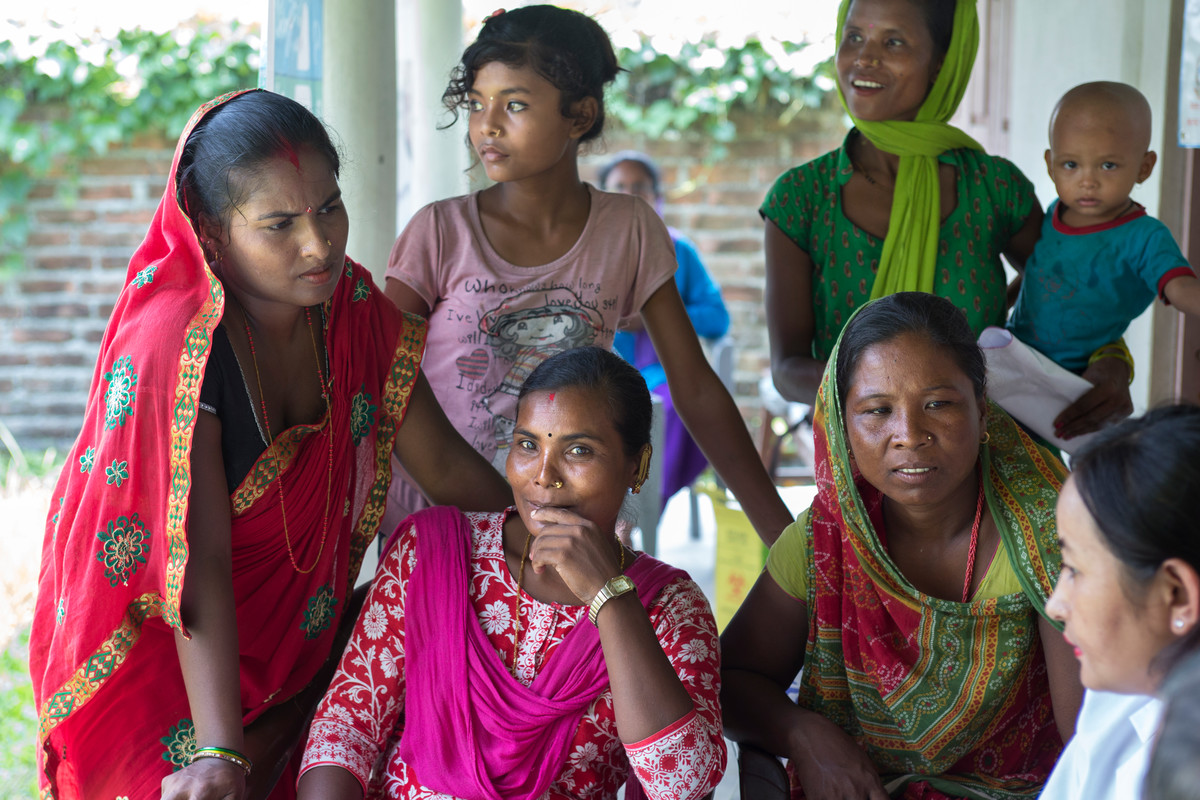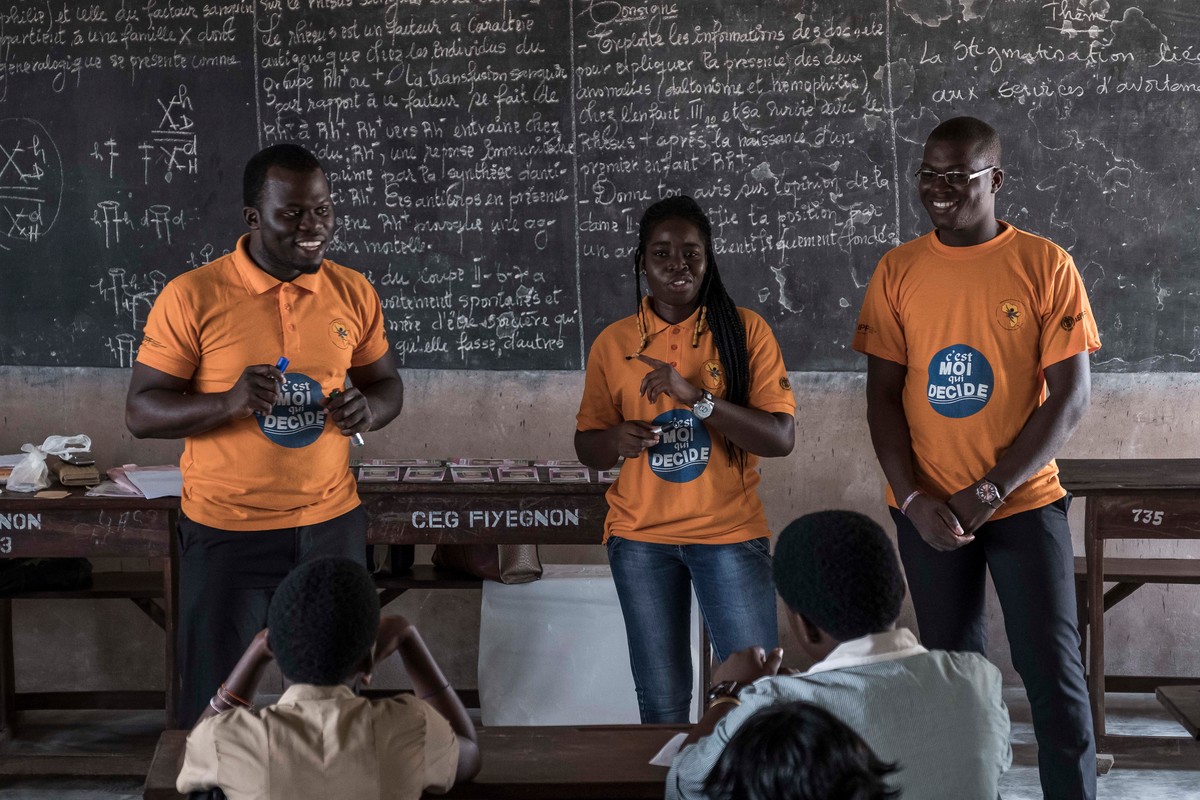Spotlight
A selection of resources from across the Federation

HIV Theory of Change
Our HIV Theory of Change is to clarify the goals and vision of IPPF’s HIV programme and to articulate the different pathways and strategies IPPF uses to contribute towards its HIV goals and vision.
Filter our resources by:


| 04 December 2018
Leaving no one behind: Universal health coverage and sexual and reproductive health and rights
Universal health coverage means ensuring every person has access to quality, affordable health services and plays a pivotal role in achieving global development targets. Healthy populations can better contribute socially and economically, while poor health is a major driver of poverty. Universal access to sexual and reproductive health care services is identified in the Sustainable Development Goals as an essential contributor to ensuring healthy lives and promoting well-being for all at all ages. IPPF, together with the London School of Hygiene and Tropical Medicine, undertook a literature review looking at progress to date in and challenges to achieving universal access to sexual and reproductive health and rights. The review, Leaving no one behind, is illustrated with case studies on Afghanistan, Cambodia, Kenya and Sudan. Supported by the Japan Trust Fund.

| 05 May 2016
IPPF funds youth-led projects to tackle abortion stigma
As part of our work in tackling abortion stigma, IPPF awards small grants to young people to create projects that would tackle the issue of abortion stigma in their communities. In 2015, small grants were awarded to promising projects submitted by young people in Ghana, Palestine, Spain, Macedonia and Nepal. In 2017, a further six grants were awarded to young people in Guinea, Kenya, Nepal, Puerto Rico, Sierra Leone and Venezuela. In 2019 five more grants were awarded to youth-led projects in Albania, Colombia, Nigeria, Spain and Tanzania. These documents give more information about what these projects set out to do, their methods and the results.















